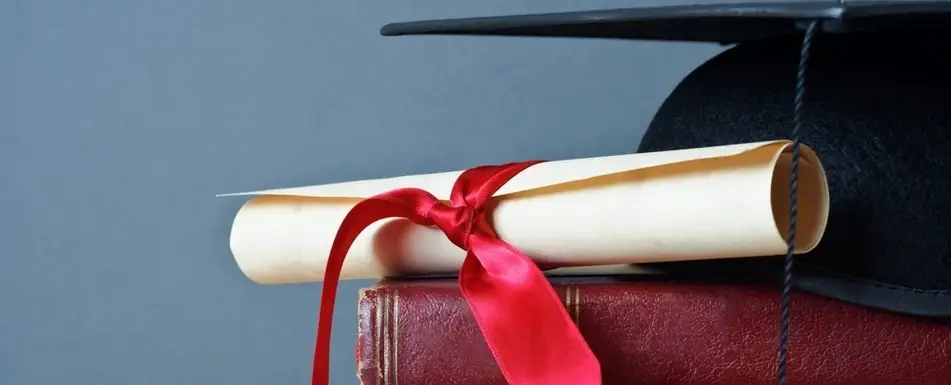Unique Degree Programs for the Social-Impact Grad Student

As part of Idealist Careers’ mission to support you in your exploration of going to graduate school, we scoured the internet for some unique degree programs that you may have never heard of. If the thought of going to grad school has been on your mind but you’re not sure if your interests translate into an actual degree, check out these unique degree programs and see if you find a fit:
Human Centered Design & Engineering (University of Washington)
What it is: an interdisciplinary area of study that focuses on designing and building engineering solutions for the world’s problems through understanding needs and interests. The program at the University of Washington aims to make making the world a better place fun.
What you can do with it: create visual, interactive, experience, and systems design prototypes, usability evaluation, product design, architecture, and web and information development.
Food Science and Technology (Oregon State University)
What it is: one of the oldest established programs in the nation with access to off-campus facilities such as the Food Innovation Center (Portland, OR) and the Seafood Laboratory (Astoria, OR). Specializations include Food Processing and Engineering, Brewing Science, Dairy Process, and Seafood Science and Surimi.
What you can do with it: environmental remediation, food and beverage processing, waste and water treatment, or federal employment with USDA, FDA, CDC, NREL.
Choral Conducting (Yale School of Music)
What it is: a course of study that lays the foundation to continue in a doctoral program. It includes a combination of individual lessons, sessions with repertory and recital choruses, and study of voice as a secondary instrument.
What you can do with it: continue for a doctoral degree, become a professional conductor within education, civic, or church institutions.
Comics and Visual Rhetoric (University of Florida)
What it is: a new discipline with a strong focus on theory at one of the premier academic institutions for studying comics, animation, and other forms of visual rhetoric.
What you can do with it: as a new interdisciplinary field, expect to study an additional concentration to best prepare yourself for a job in media studies.
History of Consciousness (UC Santa Cruz)
What it is: a program with a variety of topics and approaches rather than a formal track. If you have significant interest in social, historical, and cultural theories, this may be the program for you. The program emphasizes the intersection of race, sexuality, and gender; global capitalism and cultural process; theories and histories of religion; and social movements.
What you can do with it: write scholarly works, teach courses, conduct research, become the executive director of a nonprofit.
Demography (Pennsylvania State University)
What it is: a dual-degree program that enhances training in research and scholarly work. It integrates macro or micro population science with existing and emerging research problems, theories, and methodologies of other social, economic, and biological science disciplines.
What you can do with it: spatial modeling of population well-being, social welfare policy, population and economic development, or conduct an international population research project.
While you’re exploring these degrees, take your time reflecting on how you might use them in your career. The suggestions in this article are just a brief overview. Thoroughly research the program and speak with current students (as well as alumni) to gain a better understanding of how the program translates outside of academia and what type of career path you can reasonably expect.
***
By Victoria Crispo
This post was contributed by a guest author.


